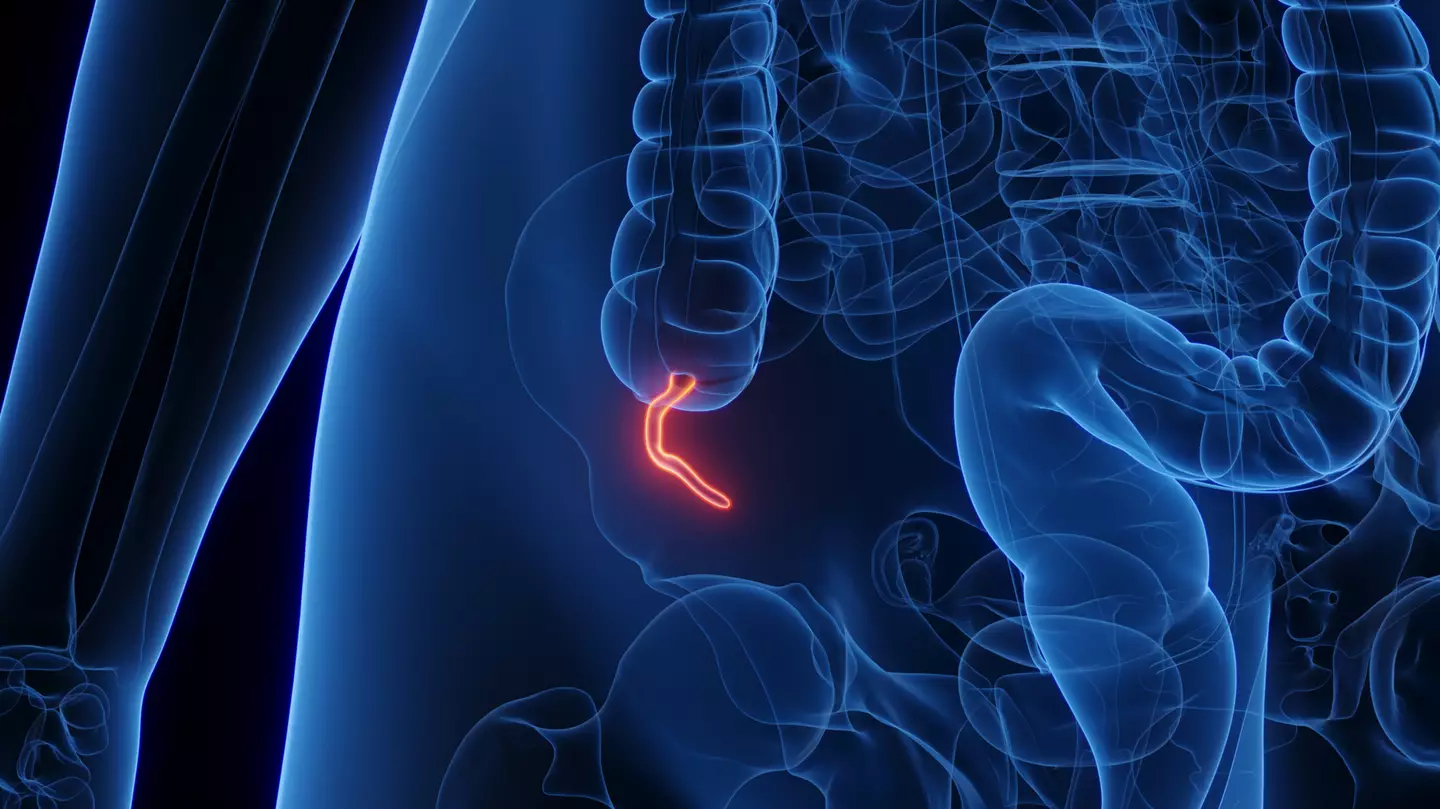
Doctors have issued a stark warning as cases of a potentially deadly rare cancer continue to soar among people under 50.
Cancer is sadly all too common and also incredibly cruel, as it can seemingly strike at any time and any age, with the symptoms often hard to detect until it is potentially too late.
Despite huge advancements in technology and medicine in recent years, with a number of breakthroughs discovered, there are also people being diagnosed with terminal illnesses on a far too regular basis.
And now, an extremely rare form of the disease - known as appendiceal cancer or appendix cancer - is becoming far more common, with studies suggesting that rates have risen 200 percent among under-50s over the last two decades.
Advert
Appendiceal cancer grows from cells that make up the lining of the appendix. These cells help make a jelly-like substance called mucin. Mucin protects the lining of the stomach, intestines, and appendix.
Most epithelial appendiceal cancers can lead to a build-up of mucin, which can cause the appendix to rupture.

This can also lead to a horrifying condition known as pseudomyxoma peritonei, or PMP, which led one UK woman to receive a devastating diagnosis and have 13 of her organs removed.
Perhaps the most concerning aspect of appendiceal cancer is that symptoms often don't appear when the cancer first starts, and as the cancer grows, the illness can be easily misdiagnosed as something like food poisoning or appendicitis.
According to the National Cancer Institute, symptoms can include feeling bloated or growing abdominal size, a mass in the abdomen, nausea and vomiting and feeling full soon after starting to eat.
Despite the recent surge, the cancer remains extremely rare, the researchers said, with only around 3,000 cases diagnosed every year in the US.
Although there aren't many cases to judge against, the prognosis for appendiceal cancer is quite promising, with between 67 and 97 percent living for longer than five years after their diagnosis - but it has already claimed the life of actor Adan Canto, who died from the condition early last year at the age of just 42.
Treatment for the disease would likely include either surgery to remove the appendix or chemotherapy if the cancer has spread to other parts of the abdomen.

Researchers weren't able to conclude exactly why numbers were going up other than that people are now subject to environmental exposure that older generations didn't experience.
They wrote in the report: "A birth cohort effect corresponds to population shifts in environmental exposures that may increase risk for generations now entering mid-adulthood.
"The trends observed in our study may, in part, be explained by a burgeoning recognition over this past decade that appendiceal cancers are a biologically-distinct malignancy from colon adenocarcinomas.
"Well established risk factors of colon and rectal cancer, including early-life experiences, environmental exposures, anthropometric and lifestyle factors (for example, obesity, diet, alcohol, and tobacco), as well as the interaction between these factors and genetic features may also contribute to appendiceal cancer."
If you’ve been affected by any of these issues and want to speak to someone in confidence, contact Macmillan’s Cancer Support Line on 0808 808 00 00, 8am–8pm seven days a week.
